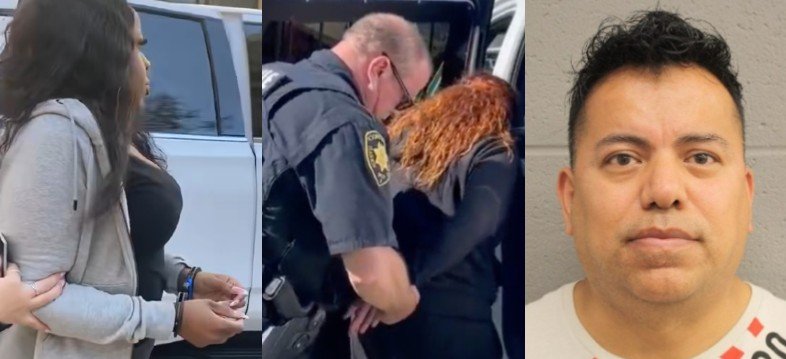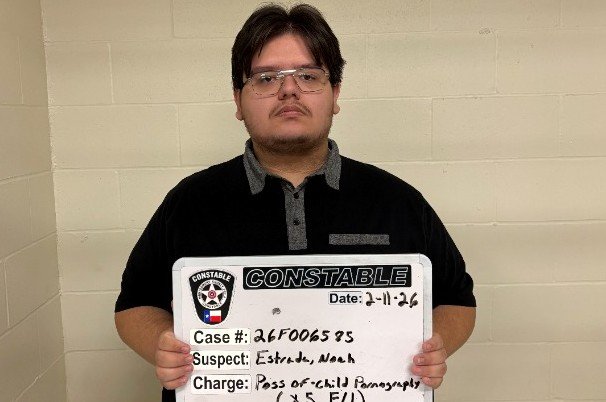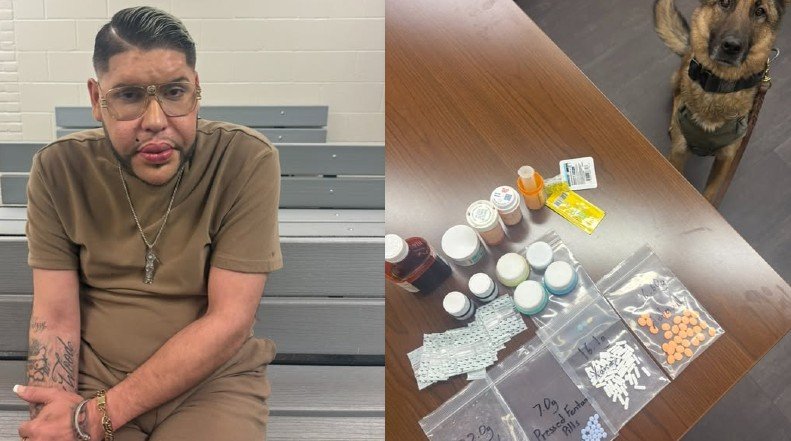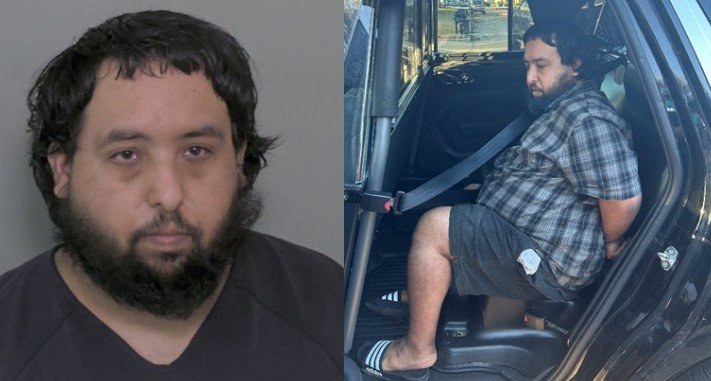Texas Humane Legislation Network Urges Caution on Primate Ownership Amid Rising Incidents

As the new HBO show Chimp Crazy brings attention to the world of private primate ownership, the Texas Humane Legislation Network (THLN) is working to educate Texans about the dangers of owning primates as pets. While not as widespread as big cat ownership, primate ownership remains a concern in Texas due to documented attacks and escapes by privately owned primates.
Shelby Bobosky, Executive Director of THLN, highlighted the risks involved, citing numerous incidents in the state where primates have attacked humans or escaped their enclosures, endangering communities. “Texas Health and Safety Code classifies baboons, chimpanzees, orangutans, and gorillas as ‘dangerous wild animals,’” Bobosky said. “We do not encourage Texans to seek out any primates as pets.”
The THLN also supports the federal Captive Primate Safety Act, which seeks to prohibit private ownership of nonhuman primates and the sale or transport of primates for the exotic pet trade. Past primate incidents in Texas include:
- 2018, Edinburg, TX: A two-year-old child was severely injured by a pet snow macaque.
- 2015, San Antonio, TX: A bank teller was hospitalized after a juvenile macaque, presented as a service animal, bit the teller’s face.
- 2014, Gatesville, TX: Two macaques escaped from their owner’s home, leading to one being shot and the other evading capture for five days.
- 2006, Bell County, TX: A person was bitten by a rhesus macaque and required hospitalization.
In response to the dangers, THLN advocates for the Dangerous Wild Animal Act (DWAA), passed in 2001 after years of effort. The DWAA bans the ownership of dangerous wild animals, such as primates, unless registered with local authorities. It also mandates that animal owners provide registration certificates to the Texas Department of State Health Services, ensuring public safety in case of escapes or emergencies.
Since the enactment of the DWAA, incidents involving dangerous wild animals in Texas have dropped by 50%, marking a significant reduction in reported attacks and escapes.







